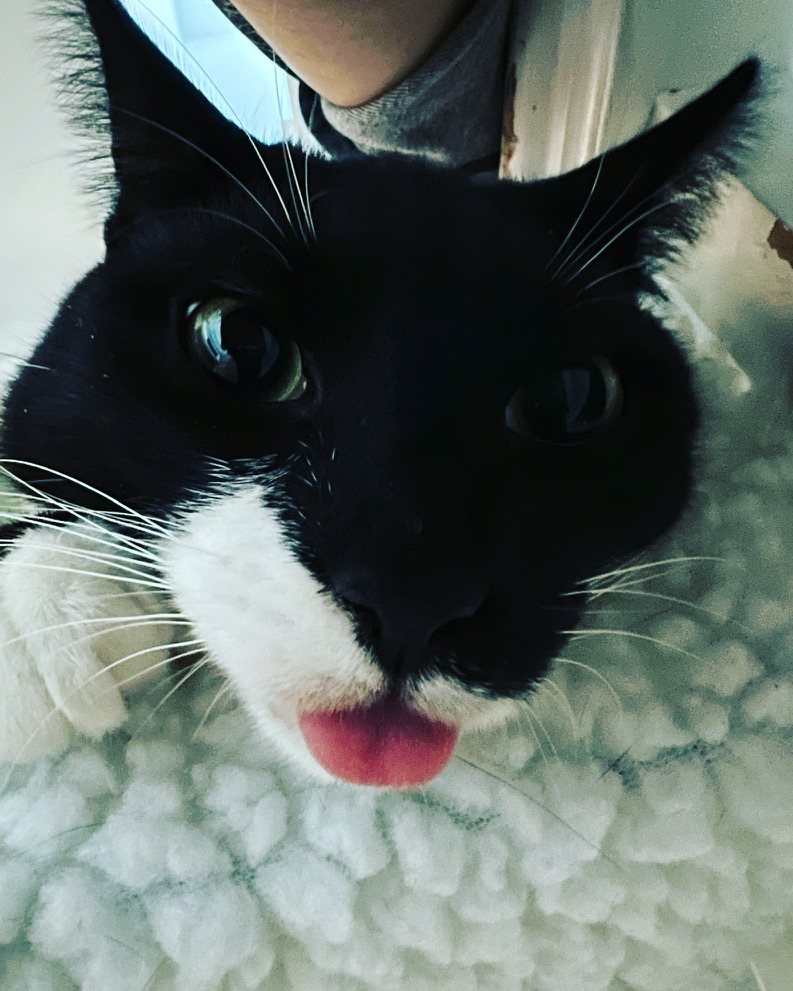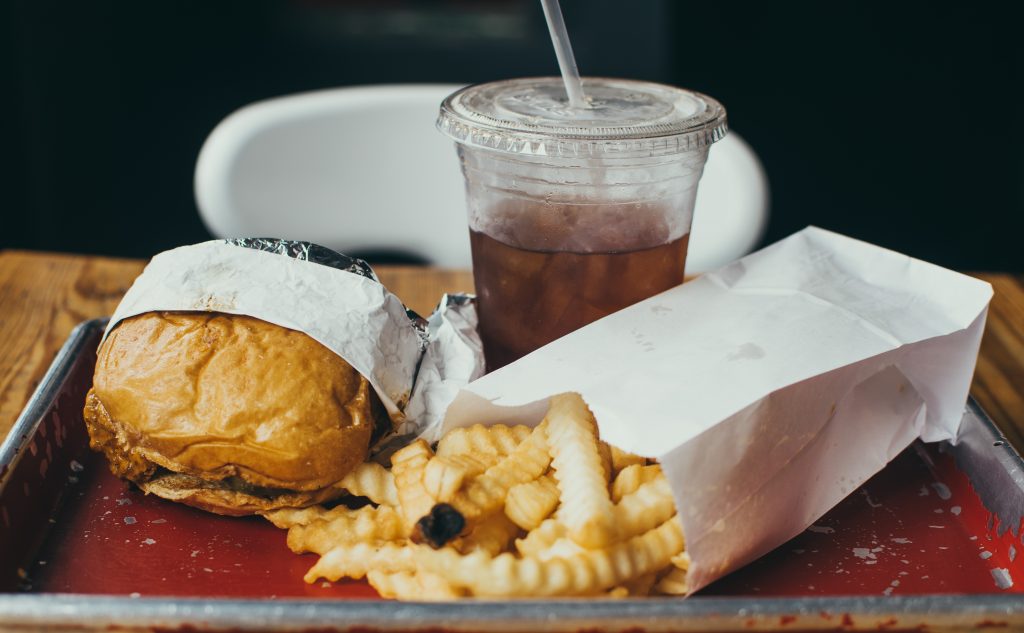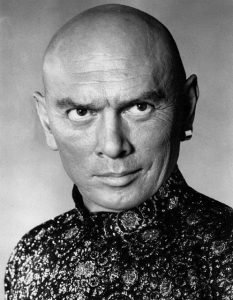Recently I listened to an interesting programme on Radio 4 from Matthew Syad called Sideways, in which he surmises that things only come into existence once they are given a name. I find this interesting, because it is highlighted more than ever in the field of medicine. Without being named and documented, a disease simply doesn’t exist. The more I think about it, language, or more accurately words, really do give everything meaning. Words make ideas tangible; they literally allow us to grasp ideas.
Boys will be boys
As an example, in his programme Matthew Syad looks at the term ‘sexual harassment’, a phrase that today we all understand. But before the 1970s, women didn’t have the vocabulary to describe sexual harassment in the workplace, which meant in the eyes of the law, it didn’t exist. It was happening in plain sight, and although women complained to their male bosses, nothing was done as it was simply seen as ‘boys will be boys’. It was eventually proved in court that it was sexual discrimination as women were facing a hostile work environment whereas a male worker wasn’t treated in the same way.

This concept of not existing until being named still exists, and it always will. Language changes in pace with technology. Before the Covid pandemic we had no concept of lockdowns or zoom meetings! And it’s the same in western medicine. Without a name a condition or disease simply doesn’t exist. I see it every day: ‘I just don’t feel right, but I can’t put my finger on it. There are no words, I just don’t feel right. So, I went to the doctor, and he told me there’s nothing wrong with me.’ Sound familiar?
Chinese Medicine is empowering
In Chinese medicine we have a name for everything, because the terminology we use has developed over thousands of years. And it’s a language that is inclusive and allows us to communicate complicated concepts to our patients. Being able to understand why you feel unwell is empowering – it allows you be part of the healing process.
Self-medication is not Self-care
Going slightly off-piste, but staying on the subject of language, a phrase that I find interesting is ‘self-medication’. It’s a phrase we all use, and we use it a lot. But what do we mean when we use it? Medication means ‘a drug or other form of medicine that is used to treat or prevent disease’. But in fact, when we say, ‘so-and-so is self-medicating’, we are actually implying that they are struggling: they are drinking excess alcohol, or eating the wrong foods, or using recreational drugs to cope with pain or mental/emotional problems.

In general, it doesn’t suggest anything good. Self-medication is in fact self-harming. And we have all done it, of course, smoked a cigarette to ‘relax’, or had a drink to ‘calm the nerves’.
Chinese Medicine as positive care
In Chinese medicine, all these self-medication substances (tobacco, alcohol, junk food, recreational drugs) can move your Qi, that’s why they initially feel good. But ultimately, they all affect the Qi adversely. Acupuncture, Tui Na and Qi Gong (or any energetic, natural medicine), on the other hand, all affect the Qi positively. I’d like to say it feels good too, but as we all know, the road to health can be long and hard.
It’s very difficult to be objective about one’s own care, and I guess that’s why we consult an expert when we feel unwell. If you are feeling unwell but just can’t find the words to describe it, give me a call and I will do my best to help you, or point you in the right direction.
If you have any questions about acupuncture, or any of the topics in my blogs, please do contact me. Find out more about me, or my treatments here.


